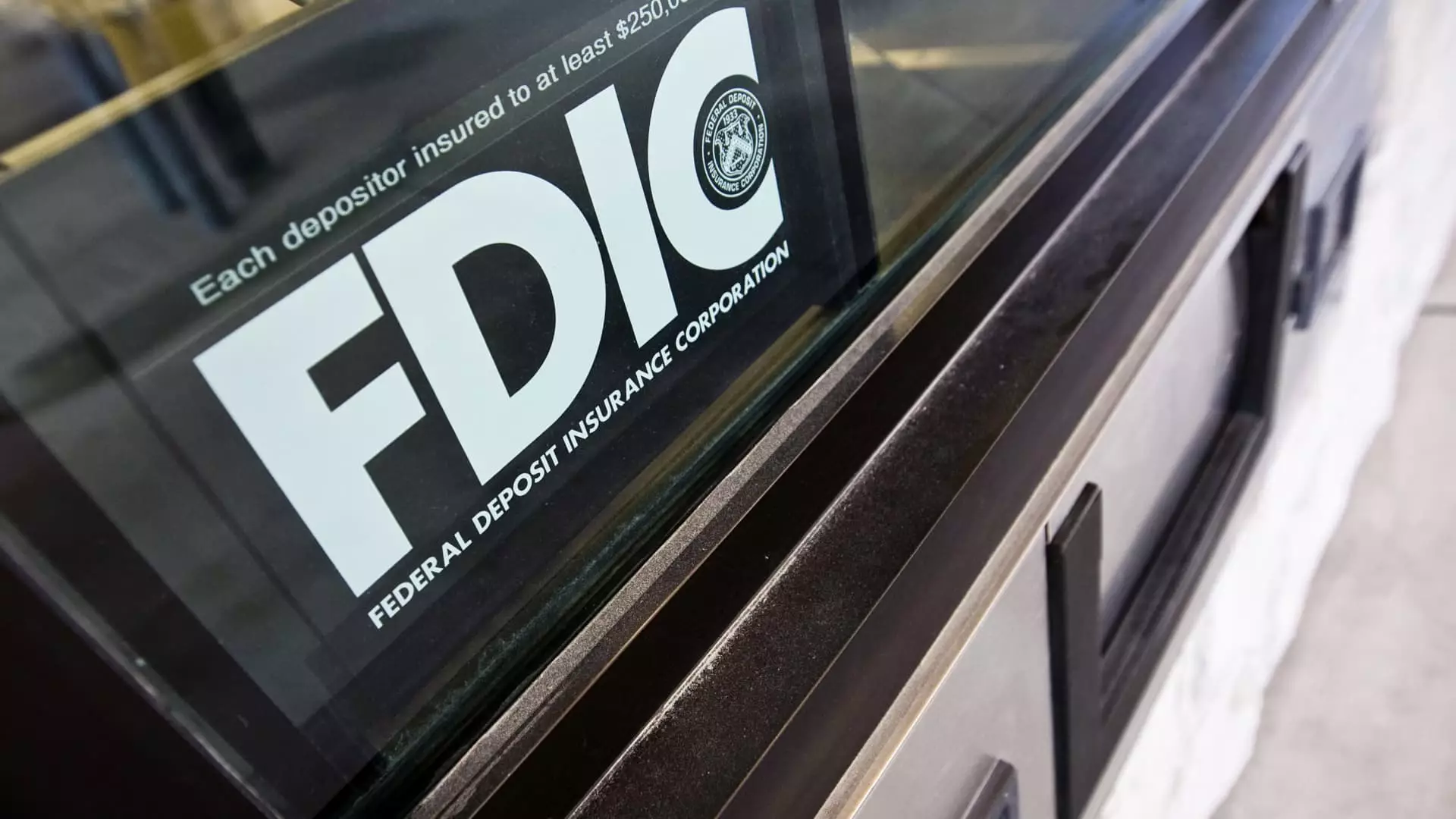The appointment of Donald Trump as President-elect for a second nonconsecutive term has reignited debates surrounding the future of federal agencies and regulatory bodies in the United States. With emphasizes on reducing federal spending, the vision for a more efficient government seems poised to become a reality, but the implications of such changes could be far-reaching.
As the country prepares for Trump’s inauguration on January 20, numerous reports indicate that drastic alterations may be in the pipeline, including the potential dissolution of various federal agencies. A significant point of discussion is the establishment of the Department of Government Efficiency (DOGE), co-chaired by tech entrepreneur Elon Musk and entrepreneur Vivek Ramaswamy. The advisory group’s main focus has been on streamlining government functions, which includes considering the fate of the Federal Deposit Insurance Corporation (FDIC) and the Consumer Financial Protection Bureau (CFPB).
Musk’s public remarks, in which he suggested the elimination of the CFPB due to perceived redundancies within regulatory agencies, underscore a strong inclination toward consolidation. This sentiment resonates with some economic experts who argue that reducing the number of regulatory bodies could lead to more streamlined operations in the federal government. The push toward a leaner regulatory structure involves complex ramifications for the financial landscape of the nation.
Established during the Great Depression, the FDIC has played a crucial role in ensuring consumer confidence by protecting deposits up to $250,000 per depositor, per bank, instilling a sense of security in the American banking system. Critics of undermining the FDIC argue that such a move would jeopardize the stability it provides and could have catastrophic effects on the consumer lending environment. William Isaac, a former FDIC chairman, firmly believes that dissolving the agency would erode the safeguards that have cemented the U.S.’s financial stability for decades.
While supporters like Tomas Philipson argue for a reallocated oversight role for the Treasury Department to assume FDIC responsibilities, detractors note that regional banks rely heavily on federal deposit insurance for their operations. Without such insurance, smaller banks may falter, consequently harming the lending landscape, especially for consumers and small businesses reliant on these institutions for financing.
Implications of Dismantling the CFPB
The CFPB has garnered attention as a relatively new player in the realm of financial regulation, established in response to the 2008 financial crisis. Its purpose is to safeguard consumers from deceptive practices and maintain a balanced relationship between consumers and financial institutions. However, as the incoming administration signals a willingness to review the agency’s roles and responsibilities, discussions abound regarding effectiveness and necessity.
Critics of the CFPB point to its short existence as evidence that the markets operated successfully without such oversight in the past. Dismantling the CFPB could lead to regressive consumer protections put in place over the past decade. In light of increasing market concentration and systemic inequality, proponents assert that the agency serves as a vital component to protecting consumers from potential abuses that could go unchecked in a deregulated atmosphere.
Proposals to eliminate or significantly alter the functions of federal agencies like the FDIC and CFPB do not come without considerable hurdles. Any major restructuring would require congressional action, highlighting the essential checks and balances intrinsic to the American political system. Even with the executive branch’s desire for reform, lawmakers must deliberate and vote on any significant changes due to the appropriations process controlled by Congress.
Moreover, advocates for consumer advocacy highlight the need for continued protections, pointing out that eliminating robust watchdogs could leave consumers vulnerable to predatory practices. Richard Dubois, of the National Consumer Law Center, stresses the importance of maintaining agencies like the CFPB as bulwarks against potential exploitation within the financial services sector.
The Future of Regulatory Efficiency in America
As discussions of restructuring and cutting ‘fat’ from government operations gain traction, it remains critical to balance the pursuit of efficiency with the need for thorough oversight. While it is essential to evaluate and eliminate unnecessary expenditures, dismantling foundational consumer protection agencies poses risks that could adversely impact the economic fabric of the nation.
The continuous assessment of federal oversight mechanisms can reveal avenues for improvement, thereby streamlining government efficiency without sacrificing essential protections for consumers. Ultimately, achieving this balance will be pivotal in determining the trajectory of the American financial landscape amidst a climate of reform and change.

